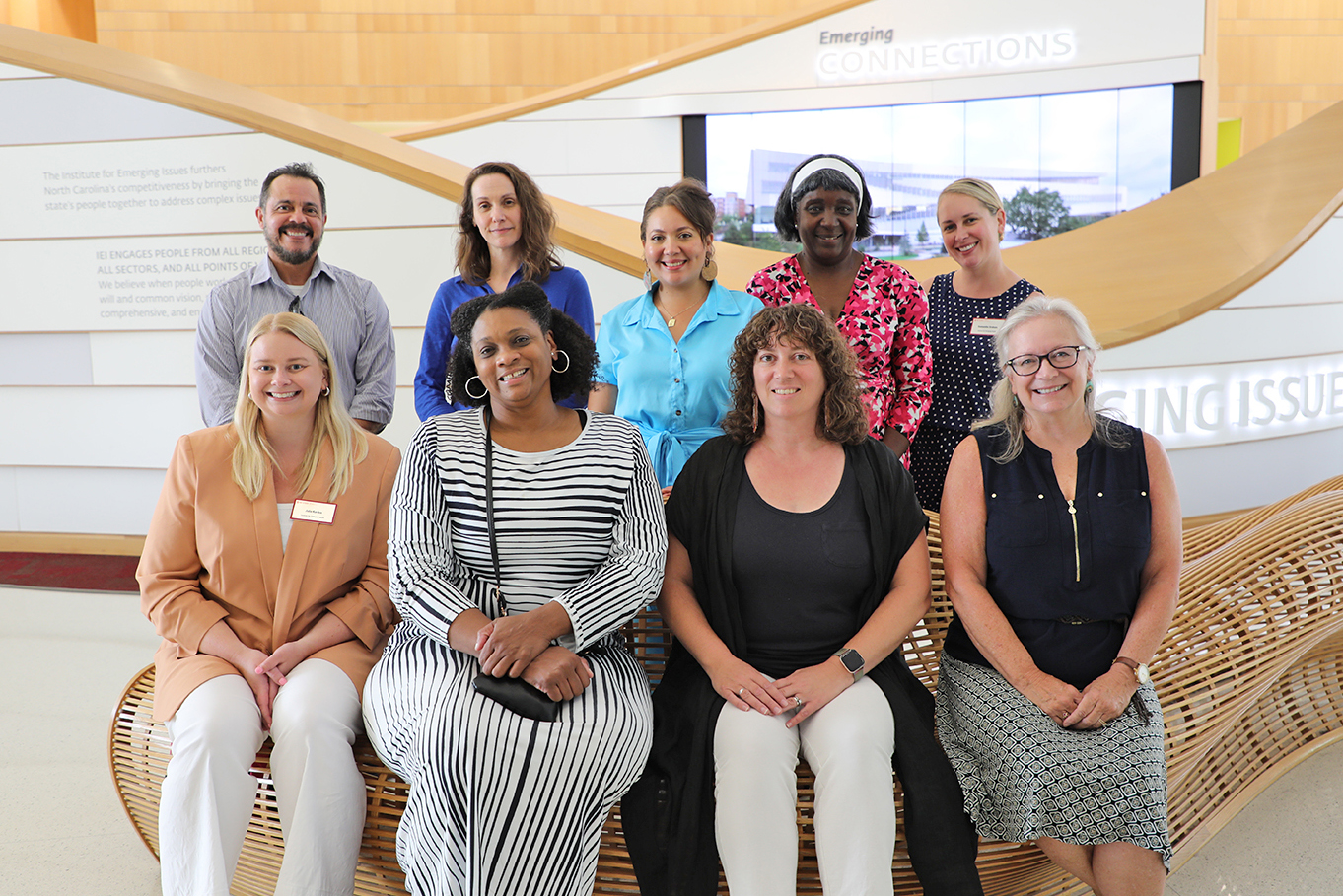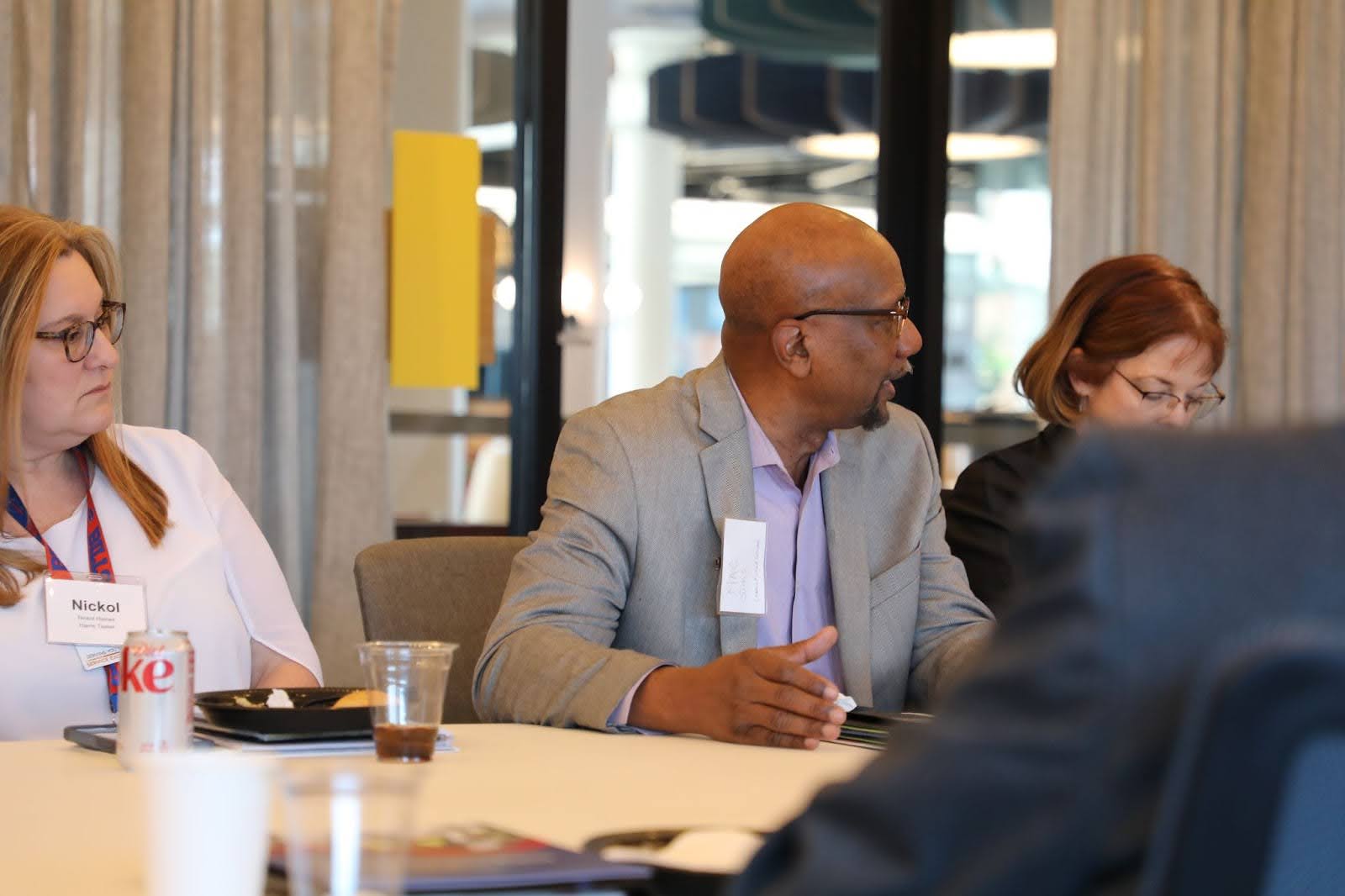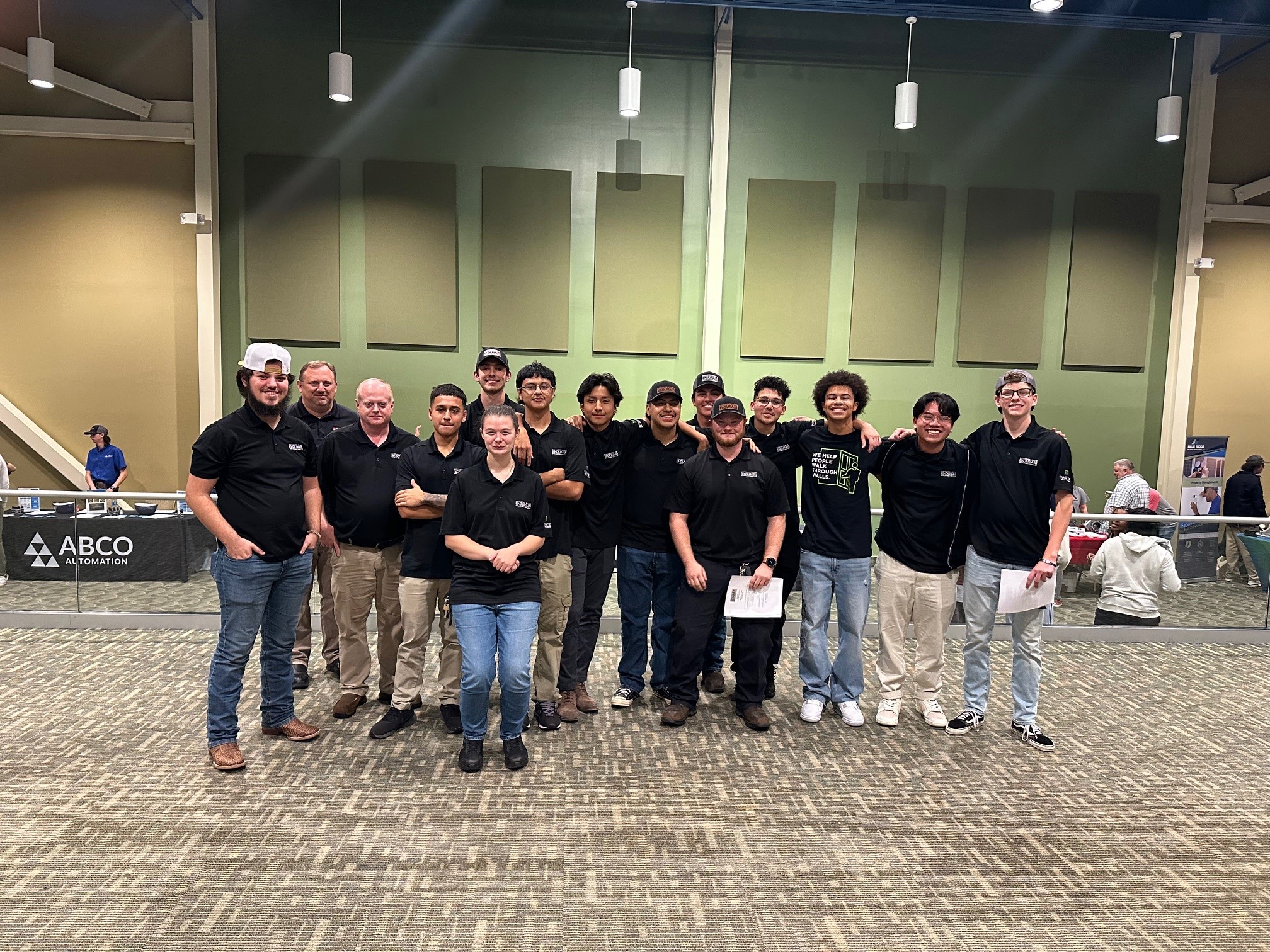Resources & Reasons to Grow (Reconnect to Mental Health & Well-Being)
Resources & Reasons to Grow (R&RG) is a collective, still in its infancy, with aspirations to become an organization that will facilitate and support peer-to-peer mental health services. The collective, an offshoot of the National Alliance on Mental Illness (NAMI’s) Boone Chapter, is still in the process of selecting a permanent space for its headquarters and determining the exact services to provide to best serve its community. To better understand its trajectory, we need to understand the work of its founder, Karen Gross.
Karen is a seething cauldron of energy: the primary caregiver for a sibling with severe mental illness, she has spent much of her life navigating the quagmires of mental health services, freely speaking her mind about what she has encountered and the systemic problems she (and other specialists) perceive. “If you’re working on your mental wellness and your mental health care,” she asserts, “you’re going to be a little bit at odds with the system.” She characterizes this through stories of people who have been diagnosed with severe mental disorders, are given a battery of medication they must take, and are henceforth supported by the government (financially) so long as they remain in a state of disability. She describes a case where one person’s medication led to regular seizures, but they and their family were afraid to get them off the meds because it would lead to a loss of benefits. This mental health system, where a person’s material support is tied to mental disability and improvement would lead to the termination of benefits, is paradoxically at odds with the idea of recovery.
While acknowledging mental health itself is the product of countless factors, Karen reacts against the general tendency to pathologize individuals and prescribe treatment that is more chemical than humanistic. She talks about the limits of the system when it encounters an individual in crisis. If responders don’t adequately understand the “context of the individual’s living situation” or the “trigger that set them off,” then they have very limited options: leaving them on the street, putting them in jail, or hospitalizing them. The hospital, in turn, has limited options: “voluntarily or involuntarily commit them… pathologize, and medicate them.” In this sense, she argues that many of these interventions fundamentally fail to address the context or material conditions that gave rise to the crisis: “assess the chaos around them” and try to understand the mental and material issues that the person is facing. In some cases this can be as simple as recognizing that “this individual might just need a place where they can get grounded” or maybe they need someone to talk to them and understand them… “and it might take hours.” As she summarizes “we’re trying to take a more compassionate approach.”
“We, in the peer movement, do not want to criminalize or pathologize people who are having crisis, stress, or are being triggered,” says Karen. Rather, they are trying to “meet people where they are at and then help them move into recovery” and, she emphasizes, “we are not trying to control people… it has to be their will: … their desire to want to have a better life.” In the peer health movement, proponents operate as facilitators, guiding newcomers through principles of mental wellness (e.g. eight dimensions of wellness), giving them strategies for communication intervention (e.g. CARE: Check, Acknowledge, Respond, Encourage), and putting them in touch with external resources (e.g. warmlines). These spaces are not characterized by hierarchical relationships; rather, many of the “practitioners” are volunteers who have gone through the process themselves. This is really the goal: reaching individuals where they are, helping them, but more than that, giving them the tools and support to help themselves, then allowing them to transition into a role where they can offer that same support to others.
We can understand R&RG’s future trajectory along three themes: 1) facilitating workshops and sessions that expose participants to techniques for peer/self care; 2) collecting, inventing, and providing access to new resources for peer/self care; and 3) serving as a representative and advocate for peer-to-peer mental health services. Towards facilitation, Karen has leveraged her connections with IEI to identify a variety of new techniques and partnerships that she has taken back to her community. This extends to their work with local libraries, where they have not only secured various books/workbooks discussing mental wellness, but now regularly lead Zoom reading groups, where participants can speak to the authors or related experts. Finally, in the domain of peer mental health advocacy, R&RG is working through a sizable survey (600+) regarding the experiences of peer mental health facilitators, which will lead into a series of interviews. From this, they will be better able to better understand the challenges, success, and innovations of the community—with a mind to use networks such as IEI to make this knowledge more visible to both practitioners and communities in need.
While Karen sees many challenges ahead—dealing with the fallout of COVID-19, identifying metrics for evaluating the efficacy of peer support, and figuring out how best to work with Medicare/Medicaid—she remains stalwart. Having battled with issues herself, and spent a lifetime working with others to overcome similar problems, she echoes the conviction that a colleague once said to her: “our recovery is in each other, and in our self care.”
Written by Chris Kampe.
- Categories:


